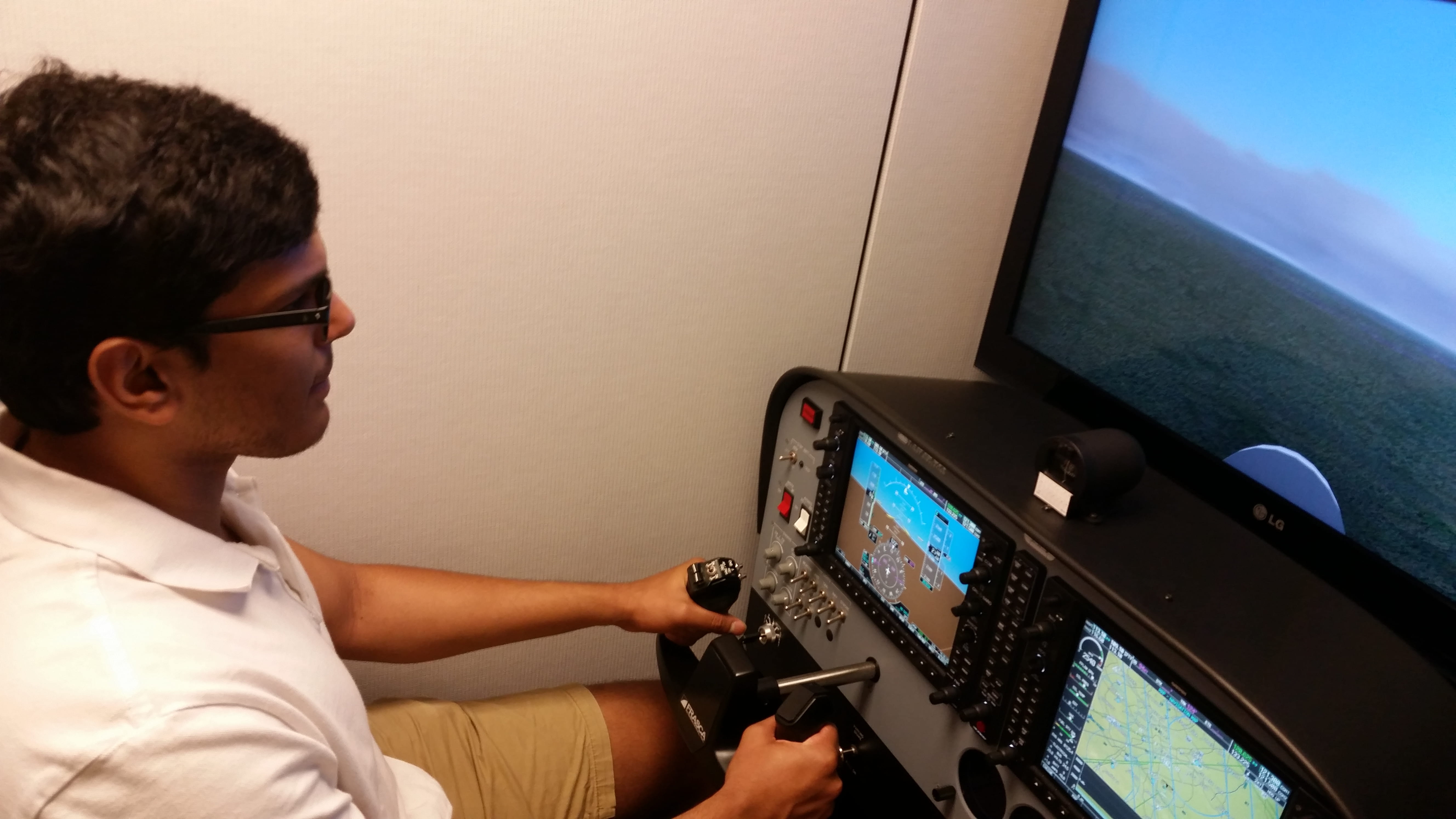Rick Thomas was recently awarded a grant from the Department of the Interior (DoI) Intelligence Advanced Research Projects Agency (IARPA) for Forecasting Counterfactuals in Uncontrolled Settings (FOCUS) for the proposal “Reasoning About Multiple Paths and Alternatives to Generate Effective Counterfactual Forecasts and Lessons Learned (RAMPAGE).”
Rick will be working in partnership with Charles River Analytics, Betty Whitaker (GTRI), Michael Dougherty (University of Maryland), and researchers at Michigan Tech.


